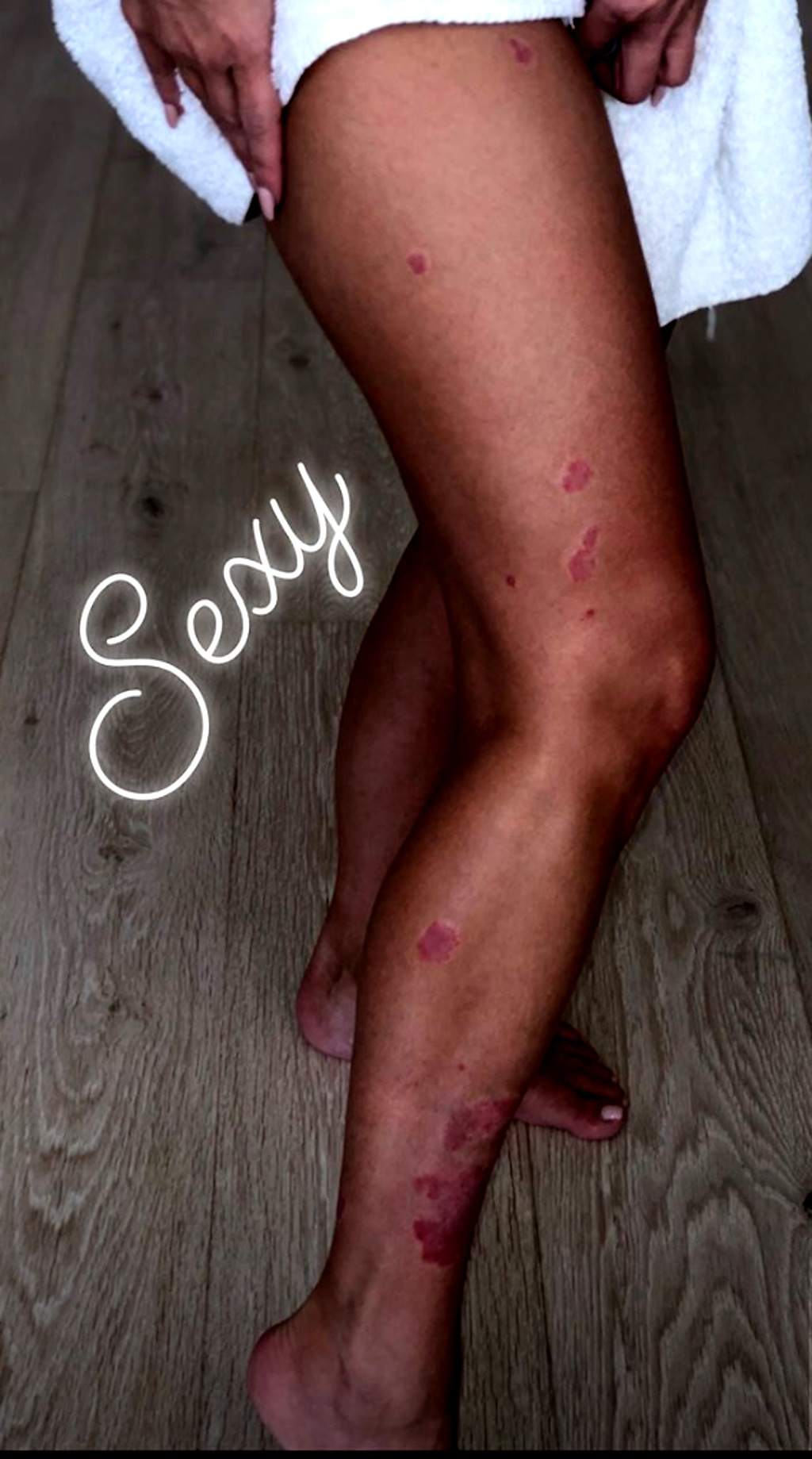
views
Lately, reality star Kim Kardashian is being transparent about her journey with the skin condition, psoriasis, as she recently posted pictures of her flared-up skin on her Instagram handle.
The fashionista has been spreading awareness, interacting and sharing her treatment methods on social media regarding the skin condition.
On her official Instagram handle, she revealed a close-up of her face and legs captioning it, "sexy" and "psoriasis is the sh*t" showing her followers how she goes about treating this skin condition with herbal healing ointments.



Earlier this month, Kim Kardashian even called out a tabloid on Twitter for writing about her "bad skin" because of psoriasis.
Make-up mogul Kim Kardashian suffers bad skin day ahead of Master Class beauty seminar https://t.co/wrRgWFSDHG— Daily Mail Celebrity (@DailyMailCeleb) February 5, 2019
It’s psoriasis all over my face. ???? https://t.co/E94lI7mfDG— Kim Kardashian West (@KimKardashian) February 5, 2019
I think the time has come I start a medication for psoriasis. I’ve never seen it like this before and I can’t even cover it at this point. It’s taken over my body. Has anyone tried a medication for psoriasis & what kind works best? Need help ASAP!!!— Kim Kardashian West (@KimKardashian) December 24, 2018
In 2016 Kardashian wrote on her app about her journey with Psoriasis, "Sometimes the rashes are itchy, sometimes they're flaky.Mine flares up from time to time for different reasons.... Scientists are constantly researching and developing new medications to help treat it, but for now, I use a topical cortisone ointment every night before bed. I'm always hoping for a cure, of course, but in the meantime, I'm learning to just accept it as part of who I am."
FYI, Psoriasis is a condition in which skin cells build up and form scales and itchy, dry patches anywhere on your body including face, knees, legs, scalp, eyelids and in 30% of cases, a form of inflammatory arthritis. Having said that, it is a treatable condition with manageable symptoms.
Psoriasis is an autoimmune condition that is unpredictable in its development. The condition affects around 125 million people worldwide and is more often relieved by reducing visible signs and symptoms rather than being cured. Research continues in the hope of developing an effective treatment.
Note that alcohol, smoking, stress, obesity and certain drugs (nonsteroidal antiinflammatory drugs, beta blockers, etc.) can aggravate psoriasis in people with a genetic predisposition.
Treatment methods can be of various nature like medical procedures, self care, stress management, UV light therapy, medications, vitamins depending on the severity of the condition. Consulting your dermatologist is highly recommended.




















Comments
0 comment